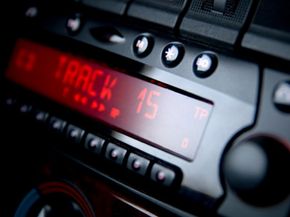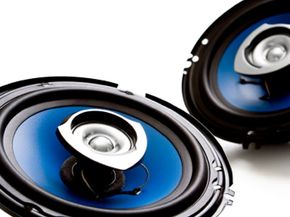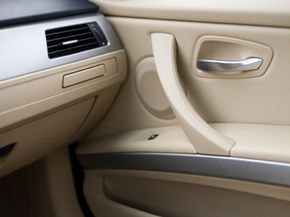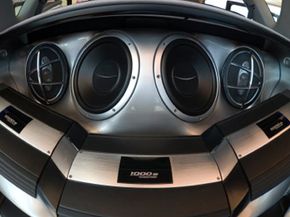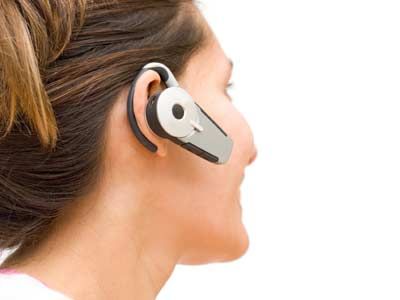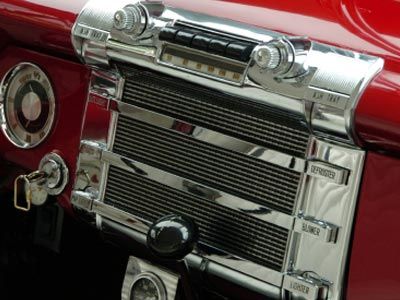The radio happens to be one of the relatively few parts on a car that aren't really vital to the transportation process. It has no effect on whether we get to our destination safely or on time, but most of us switch it on anyway. Some drivers couldn't imagine being in a car without music, talk radio or even an audio book playing through the speakers.
But the question is, how does it sound when we do switch it on? Is the sound quality decent? On most vehicles, unless the car came with a premium brand name factory option like a Bose, THX or a Mark Levinson system, the answer is likely to be, not really. Those types of high-end sound systems tend to be more prominent on luxury models.
Advertisement
Most car audio sound systems and radios won't have ultra-high fidelity sound, thumping bass, or lots of extra features like MP3 player inputs. Also, while they may emphasize one area of sound, like bass or treble, they may be missing the overall picture. And that's why buying a new stereo system (or even simply car audio speakers), is a common way to get better sound in your car. While properly adjusting your stereo's equalizer settings can greatly improve quality, the results won't likely blow your mind as much as a custom car audio system can.
There are a number of ways to achieve maximum sound quality with new components. You can replace the stereo (which is sometimes called a receiver or head unit), replace the speakers, install sound-deadening materials to reduce vibration and even add an amplifier. These things can get pretty expensive; however, and fortunately for you, may not need to do all of these steps.
So, how do you get the most out of your car stereo equipment without throwing away money in the process?
Advertisement
